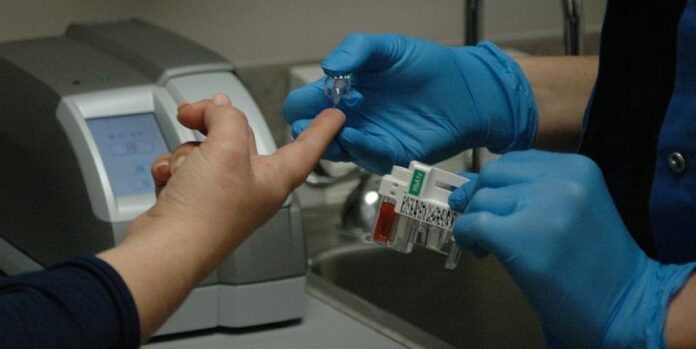Drugs developed to treat Alzheimer’s Disease could be repurposed to prevent – or even reverse – damage done to the blood vessels of people who are obese or have type 2 diabetes, according to research.
People suffering from a range of conditions called metabolic syndrome – which includes type 2 diabetes, high blood pressure, high cholesterol and obesity – have a stiffening of their blood vessels and that puts them at increased risk of a heart attack or stroke.
In a breakthrough, scientists at the University of Leeds and University of Dundee have discovered a key mechanism that triggers changes in the blood vessels, which can eventually lead to cardiovascular disease.
It starts when people begin to overproduce an enzyme called BACE1 which in turn creates a protein called beta amyloid.
Raised levels of beta amyloid are associated with damage to the surface lining of blood vessels, the endothelium. This disrupts the normal functioning of the blood vessels leading to high blood pressure and atherosclerosis, the build-up of plaque along the walls of the blood vessels.
Eddie Johnston from Diabetes UK said: “We know that people living with diabetes are at higher risk of heart attacks or stroke, but we don’t yet know exactly why. The new research helps to shed light onto the connection.
“If the enzyme BACE1 is responsible for this increased risk, it represents a promising target for new treatments, which could help people with diabetes live longer, healthier lives.”







